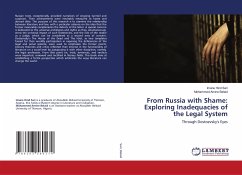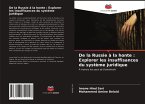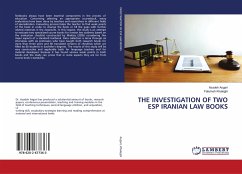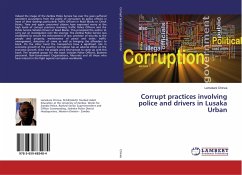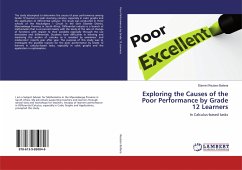Russian texts, exceptionally, provided narratives of ongoing turmoil and suspicion. Their achievements were inevitably measured at home and abroad alike. The purpose of this research is to examine the relationship between literature and law, with a particular reliance on the idea that the former inexorably complements the defects of the latter. A special concern is dedicated to the universal archetypes and myths as they, simultaneously, stress the universal impact of such testimonies, and the role of the reader as a judge, which can be considered as a second area of concern. Dostoevsky's The House of the Dead and The Idiot, as two templates famed for their worldly participation in exposing the deficiencies of the legal and penal systems, were used to emphasize the former points. Literary theorists and critics reflected their interest in the functionality of literature on a social level by juxtaposing it with other disciplines, namely, the legal profession. From that point on, trials, sentences, and verdicts were imported, reviewed and rectified in literary fields. This book aims at establishing a fertile perspective which arbitrates the ways literature can change the world.
Bitte wählen Sie Ihr Anliegen aus.
Rechnungen
Retourenschein anfordern
Bestellstatus
Storno

